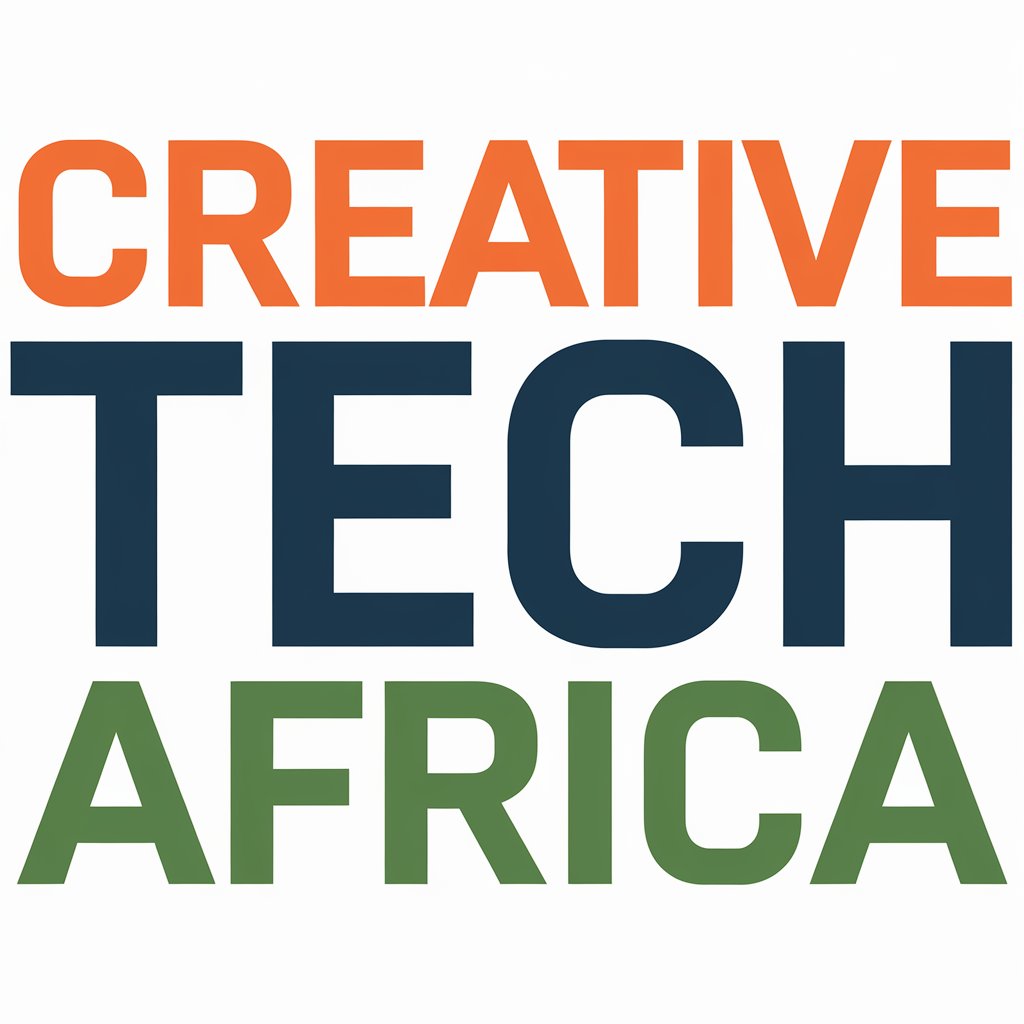Artificial Intelligence (A.I) is no longer the stuff of science fiction; it’s woven into the fabric of our daily lives. Whether it’s the apps we scroll through on our smartphones or the smart assistants we chat with at home, A.I is everywhere. But with this incredible advancement comes a question that looms large for many of us: What jobs will A.I replace?
While it’s exhilarating to witness the rapid evolution of A.I technology, there’s also a palpable unease regarding what this means for our jobs and livelihoods. In this blog post, we’ll explore the roles that A.I might take over, the industries most likely to be affected, and what it all means for the future of work. If you’re looking for deeper insights on this topic, check out some articles on Forbes.

Understanding A.I’s Capabilities
Before diving into specific job roles, let’s take a moment to grasp what A.I can actually do. At its core, A.I is about machines performing tasks that typically require human intelligence—think learning, problem-solving, and decision-making. Imagine A.I as a super-efficient helper, capable of processing enormous amounts of data at lightning speed, which makes it perfect for repetitive or data-driven tasks.

Jobs at Risk of Automation
So, which jobs are likely to be replaced by A.I? Here are some areas where we might see significant changes:

Manufacturing and Assembly Line Jobs
The manufacturing sector has long been a job powerhouse, but things are changing. With the rise of robotics and A.I-driven automation, many assembly line roles are at risk. These machines can assemble products faster and with greater precision than humans, prompting companies to embrace automation to cut costs and enhance efficiency.

Customer Service Representatives
Have you noticed an uptick in chatbots when you reach out to customer service? These A.I-driven assistants are becoming increasingly common, capable of answering questions, troubleshooting issues, and even processing orders. While they can handle many basic inquiries, complex problems will still need a human touch. Unfortunately, many entry-level customer service positions may vanish as A.I continues to evolve.

Data Entry Clerks
Data entry can be a tedious job, making it a prime target for automation. A.I software can extract, process, and input data much faster than any human could, leading to the gradual disappearance of data entry roles. If you find yourself still crunching numbers by hand, it might be time to consider upskilling!

Retail Cashiers
Self-checkout machines are already transforming the retail landscape. As technology advances, we can expect automated checkout systems to become even more commonplace, potentially putting cashiers out of work. Retailers are keen on enhancing customer experiences and cutting costs, making cashier roles increasingly vulnerable.

Transportation and Delivery Drivers
The rise of autonomous vehicles is set to significantly shake up the transportation industry. Companies like Waymo and Tesla are already testing self-driving technology that could replace taxi drivers, delivery personnel, and long-haul truck drivers. While it may sound like science fiction, this future is closer than we think.

Accountants and Bookkeepers
A.I is making waves in the accounting field, too. Software that automates bookkeeping, payroll, and tax preparation is becoming increasingly sophisticated. While accountants will still be needed for strategic decisions and complex analysis, many routine tasks could soon be handled by A.I.
The Industries Most Affected by A.I Replacement
Some industries are more susceptible to A.I disruption than others. Here are a few to keep an eye on:
- Manufacturing: As mentioned, repetitive tasks in manufacturing make this sector highly vulnerable to automation.
- Retail: The growth of e-commerce and automated systems poses significant challenges for retail jobs.
- Transportation: The push for autonomous vehicles jeopardizes many driving-related jobs.
- Finance: Routine tasks in accounting and bookkeeping are prime candidates for automation.
The Upside of A.I: New Opportunities
While it’s easy to focus on the jobs that may disappear, let’s not overlook the fact that A.I is also likely to create new opportunities. As technology advances, there will be a rising demand for professionals who can develop, maintain, and improve A.I systems. Here are some emerging roles:
- A.I and Machine Learning Specialists: As companies strive to harness A.I, there will be an increasing need for experts in designing algorithms and training A.I systems.
- Data Analysts and Scientists: With organizations collecting more data than ever, the need for individuals who can analyze and interpret this information will soar.
- A.I Ethicists: With great power comes great responsibility. There’s a growing demand for professionals who can tackle ethical concerns surrounding A.I, ensuring it operates fairly and responsibly.
- Human-A.I Collaboration Roles: As humans and machines start to work together, new positions focused on integrating A.I into workflows will likely emerge.
Preparing for the Future of Work
The question of what jobs A.I will replace is complex and ever-evolving. To navigate this shifting landscape, it’s essential to stay proactive. Here are a few strategies to consider:
- Upskill and Reskill: Invest in learning new skills that complement A.I technology. Courses in data analysis, programming, and A.I ethics can help position you for future job opportunities.
- Embrace Lifelong Learning: The world of work is changing rapidly, and adaptability is crucial. Keep an open mind and stay informed about technological advancements.
- Focus on Soft Skills: Skills like creativity, empathy, and critical thinking will become increasingly valuable, as these are areas where humans excel compared to machines.
Conclusion: Navigating the A.I Revolution
So, can we expect A.I to replace many jobs? Yes, it’s a genuine concern, but it’s also an opportunity for transformation. While certain roles may disappear, the future is not just about displacement; it’s about evolution and growth. By understanding the landscape and equipping ourselves with the necessary skills, we can navigate this A.I revolution and thrive in the new world of work.

For deeper insights into the implications of A.I on the job market, consider exploring articles on Forbes. As we look ahead, the fusion of human ingenuity and A.I technology will undoubtedly shape our work experiences in exciting ways.

